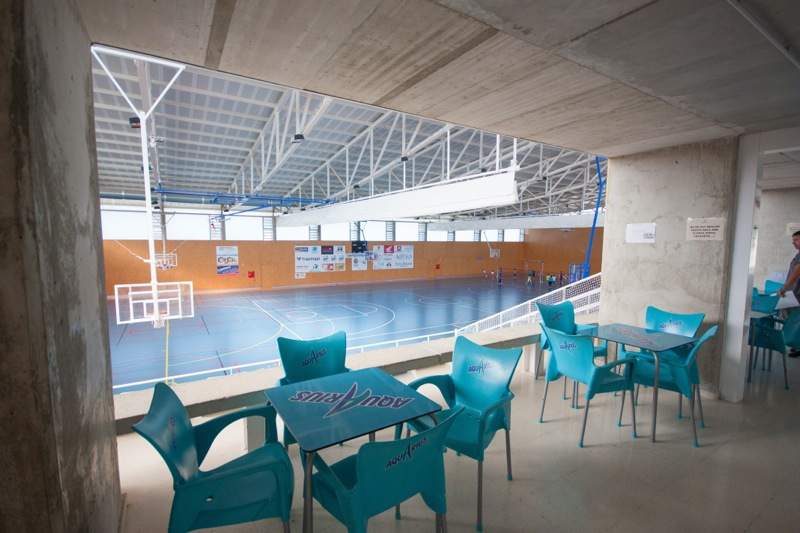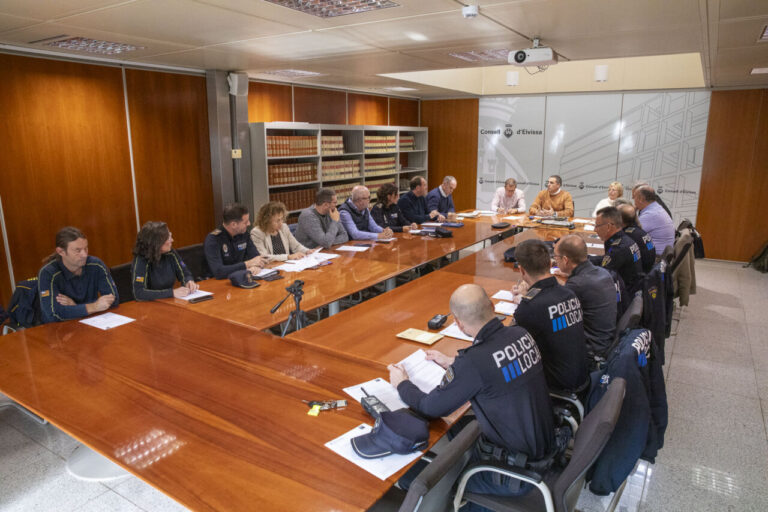The Balearic Parliament has given the go-ahead to the administrative simplification law this Tuesday, backed by the votes of the PP and Vox, despite not reaching an agreement regarding the construction and legalization in risk areas. The regulation maintains its original text, which allows the legalization of out-of-order housing, including those located in flood areas, and does not contemplate the prohibition of building in these areas.
A debate marked by a lack of consensus
During the plenary session, the Minister of Economy, Finance and Innovation, Antoni Costa, defended that the Government had made “great efforts and many concessions”, accusing the PSIB of blocking any possibility of consensus. According to Costa, the Executive proposed measures such as prohibiting new urbanizations and legalization in flood zones, as well as allowing only security reforms in existing homes. Given the lack of agreement, Costa announced that after the publication of the law in the Official Gazette of the Balearic Islands (BOIB), the Government will present a decree law to introduce the necessary measures to “ensure the safety of citizens”. For her part, Socialist deputy Mercedes Garrido blamed the PP and Costa himself for the lack of consensus, criticizing that the proposal of the Executive is “the same but with another name”. In her speech, she pointed out that the opposition was seeking a broader ban that would include all areas at risk and not just flood zones.
Controversy over approved articles
In the plenary, the PP’s private votes saved articles that had previously been rejected in committee. These measures seek to speed up projects related to the energy transition, but have been criticized by the parties of the left, which consider them a step backwards in terms of climate change. From MÉS per Mallorca, the deputy Maria Ramon questioned that the law allows local police officers to carry firearms, a measure that she described as “a violation of the mayors’ competences”. For its part, Vox celebrated the approval of amendments that reduce the statute of limitations for infractions on rural land to eight years. Deputy Patricia de las Heras argued that this measure “provides legal certainty to owners”.
A conflict that could continue
The debate on risk zones continues to be one of the most controversial issues. The opposition warns of the environmental and social implications of not regulating these areas more strictly. The Government, for its part, insists that the additional measures proposed in the decree will guarantee a balance between development and safety.











